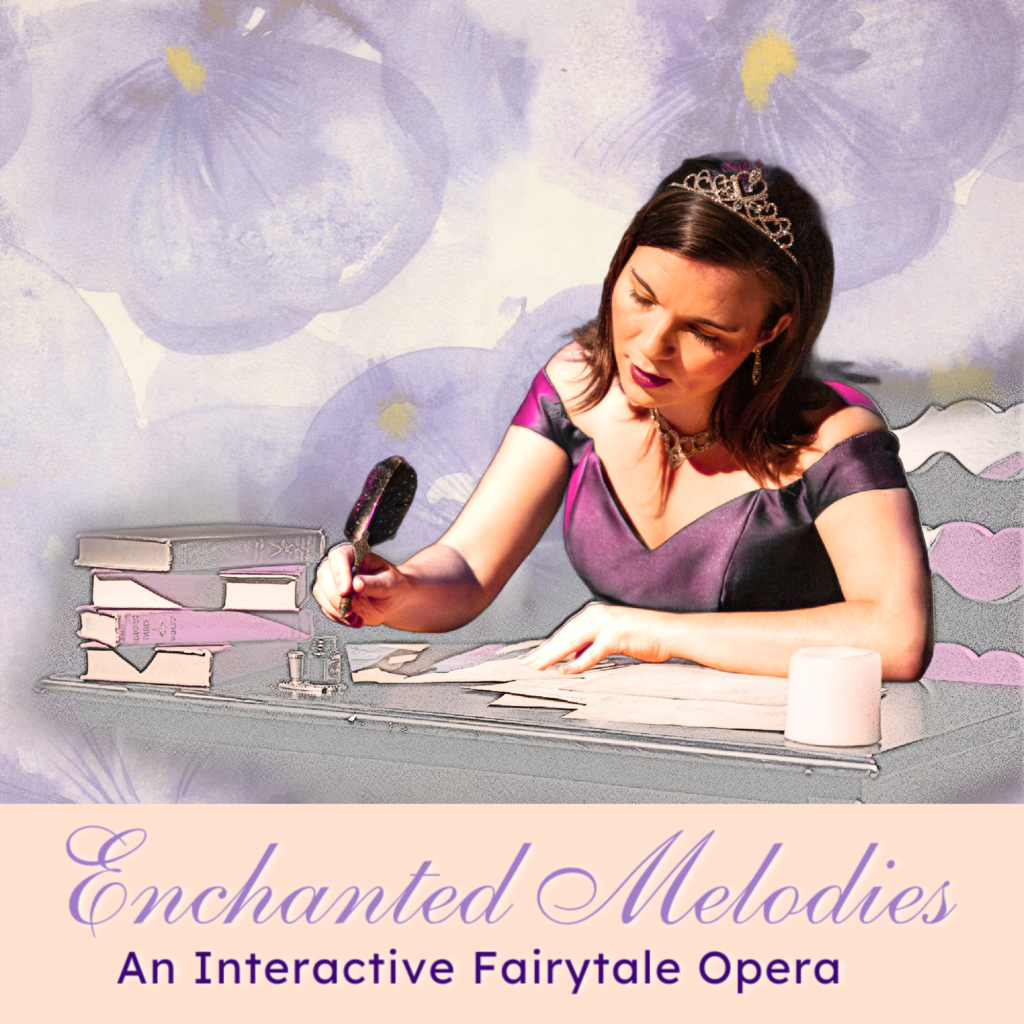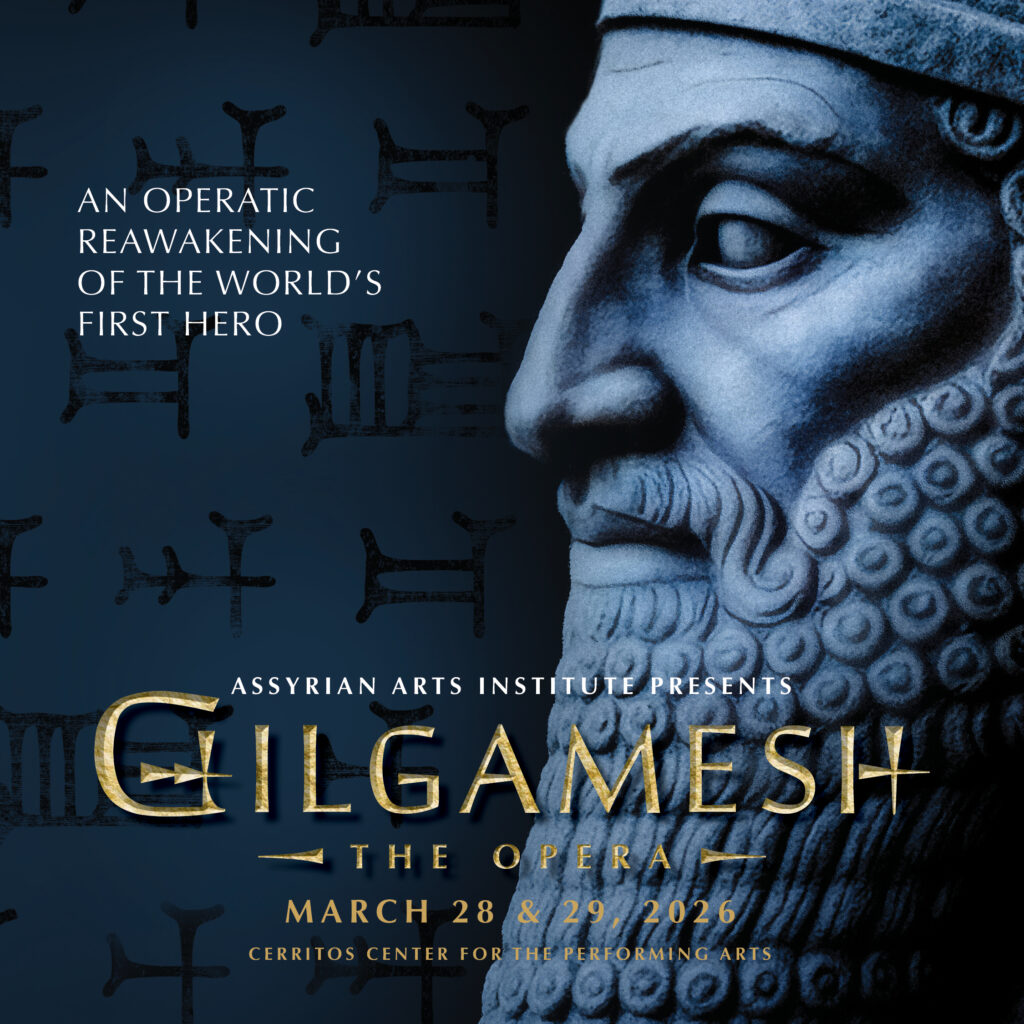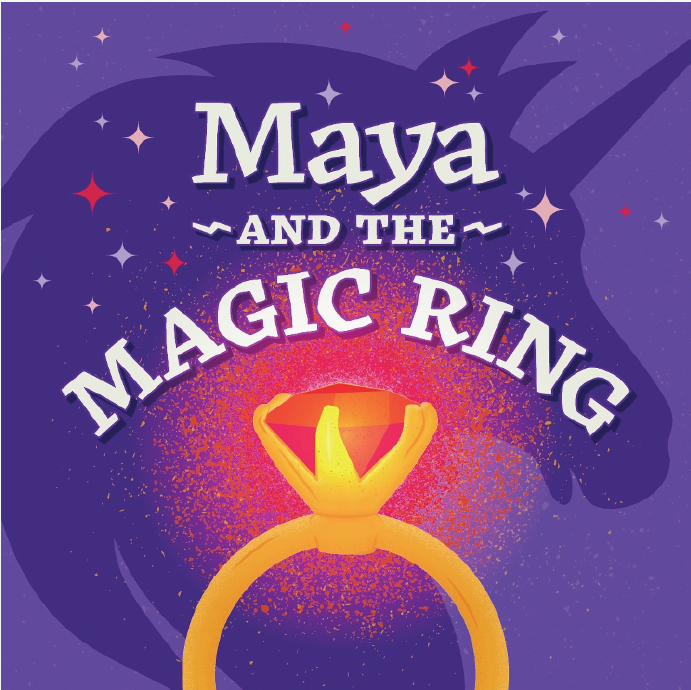Off Book: Aaron Reeder, Vol. 1 Ep. 5
June 16, 2021
LOOC: What do you wish you could go back and tell “younger” Aaron about working in the creative and performing arts?
AR: You don’t know it when it’s happening but looking back you “see it all much clearer.” If only we could tell our past selves a few things… I would tell my past self to make sure you celebrate your successes. Celebrating wins helps to cultivate a positive mindset. I found that in having a positive mindset and pointing out the positive by celebrating, I focused on other positive things – and not just in my work. In celebrating, we also have a chance to provide recognition to those who helped us with an achievement. Often our success is tied to the work we’ve done with others whether it was something we collaborated on, or someone was cheering us on from the sidelines. By celebrating the win, it shows those around us that we value and appreciate their help.
LOOC: Yes! So much of creating is collaboration. What about when it goes beyond support and turns into a partnership? So often we are invited to work with or for another artist or group without knowing them on a business level. Do you have advice on navigating those situations and relationships?

AR: Know and demand your worth. Most of us have a hard time valuing what we do, especially if the thing we do comes naturally to us or – even tougher – our work falls into a realm that can be considered “creative” or “artistic.” You have to know and value that you have a positive impact on others. Unfortunately, there are plenty of arts leaders who already devalue our work. A mid-level opera company offered me a performance contract that was a bit low scale from the standard fee. However, I recognized the opportunity to build relationships for future projects and the organization’s mission to serve the community aligned with my own values. I offered to do a fundraising event that would expose the company to a diverse audience and start a fund specifically for the company to subsidize professional artists’ fees. I felt this effort was important, would help the company grow, and would be a fulfilling project for me, beyond any monetary compensation. Ultimately, the company refused, not feeling it necessary to raise their standard rate of artist pay. I subsequently decided to decline the contract offer. I do not believe in maintaining organizations’ practice of diminishing the value of creative contributors. It doesn’t matter what level you’re at in your business or life; knowing your own worth as an individual and as an impactful personality in a group as an artist or creative, is a key part to the equation of due and fair compensation.
LOOC: As you’ve mentioned, you have taken so many opportunities that you wouldn’t have thought about as a young singer. Do you have any words of encouragement for singers who want to step off the beaten path?
AR: Embrace the life you never planned. There are so many routes to support yourself when you have training in the arts – not to mention the fact that you’re allowed to have passions or interests or skills beyond performance. As a young artist I was presented with a traditional success model that I did not see myself easily occupying or claiming as my own. I recognized that this industry has historically ingrained performers to accept the “starving artist” mentality, so I pivoted to cultivating space for myself where I could thrive. Rather than exclusively working on the stages of world opera houses, I accepted there was room to be a prosperous ARTrepreneur who inspired and served others in non-traditional spaces – schools, museums, government organizations, collaborations with other artists, voiceover work, etc. Once I was free to move where I could make a living and use my talent and skills, I refocused my goals and set my own milestones for success.





